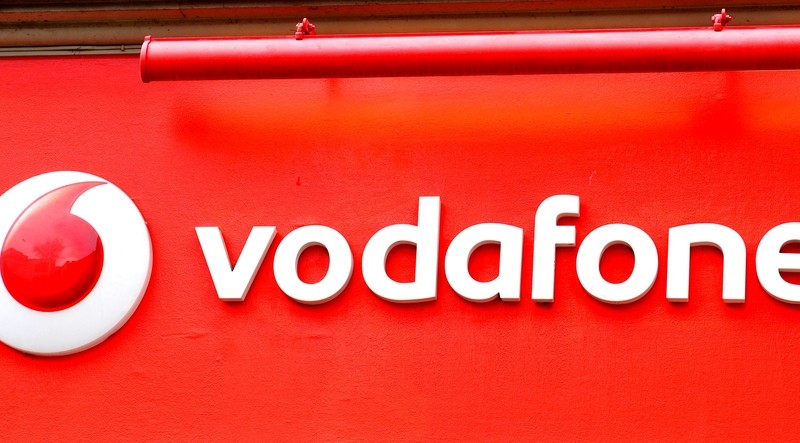3 FTSE 100 shares that have beaten the index in 2020

Robert Stephens, CFA, discusses the prospects for three FTSE 100 shares that have not been as negatively impacted by the stock market’s decline compared to their peers.
Not all FTSE 100 shares have experienced double-digit declines since the start of the year. Some companies have reported solid financial performances, while others offer defensive credentials that have become increasingly popular among fearful investors.
Among those companies whose performances have beaten the FTSE 100’s 16% drop in 2020 are Vodafone (LON:VOD), Smith & Nephew (LON:SN) and Severn Trent (LON:SVT). Could further FTSE-100 outperformance be ahead for them?
Vodafone
Vodafone’s share price has made encouraging gains since the release of its full-year results on 12 May. It was previously tracking the FTSE 100’s movements in the first four months of the year, but has since surged upwards so that it is now down 8% in 2020.
Investors seem to have viewed the company’s results in a positive light, with Vodafone producing revenue and free cash flow growth alongside progress on increasing the speed of its network through infrastructure investment. It is also accelerating its digital transformation via a three-year plan that will aim to save €1 billion in costs.
The company’s yield of 6% stands out while dividend cuts have become commonplace for FTSE 100 stocks. Therefore, further outperformance from rising investor sentiment as the company delivers on its long-term strategy could be ahead.
Severn Trent
Defensive shares such as water company Severn Trent could continue to be popular among investors, in my opinion. Even though the FTSE 100 has experienced consistent gains in the past few weeks, a speculative economic outlook may mean that utility companies are demanded by increasingly risk-conscious investors.
Severn Trent’s share price has consistently outperformed the FTSE 100 since the start of the year. It is now up marginally year-to-date. Its full-year results released in May discussed its improving operational performance and the investment it is making in its infrastructure.
The firm’s forward dividend yield of 4% may not be the highest in the FTSE 100, but it may be relatively reliable. Therefore, the stock could offer investment appeal should market conditions deteriorate as the full impact of Covid-19 on the economy gradually comes to light.
Smith & Nephew
Medical equipment specialist Smith & Nephew’s share price has fallen by 7% since the start of 2020. This isn’t rather surprising, in my view, since the company has experienced difficult trading conditions caused by Covid-19.
For instance, healthcare systems in Europe and North America have delayed elective surgeries over the past few months. This has contributed to a 7.6% decline in the company’s revenue in the first quarter, as demand for its products has fallen.
Smith & Nephew’s strong financial position and plans to cut costs by $200 million are likely to mean it survives short-term pressure. It has also seen encouraging performance in China post-lockdown, which is a trend that could take place elsewhere.
Its long-term prospects continue to be bright, with a growing and ageing world population likely to equal high demand for its products. Further outperformance of the FTSE 100 after possible short-term challenges could be ahead.
Comments (0)